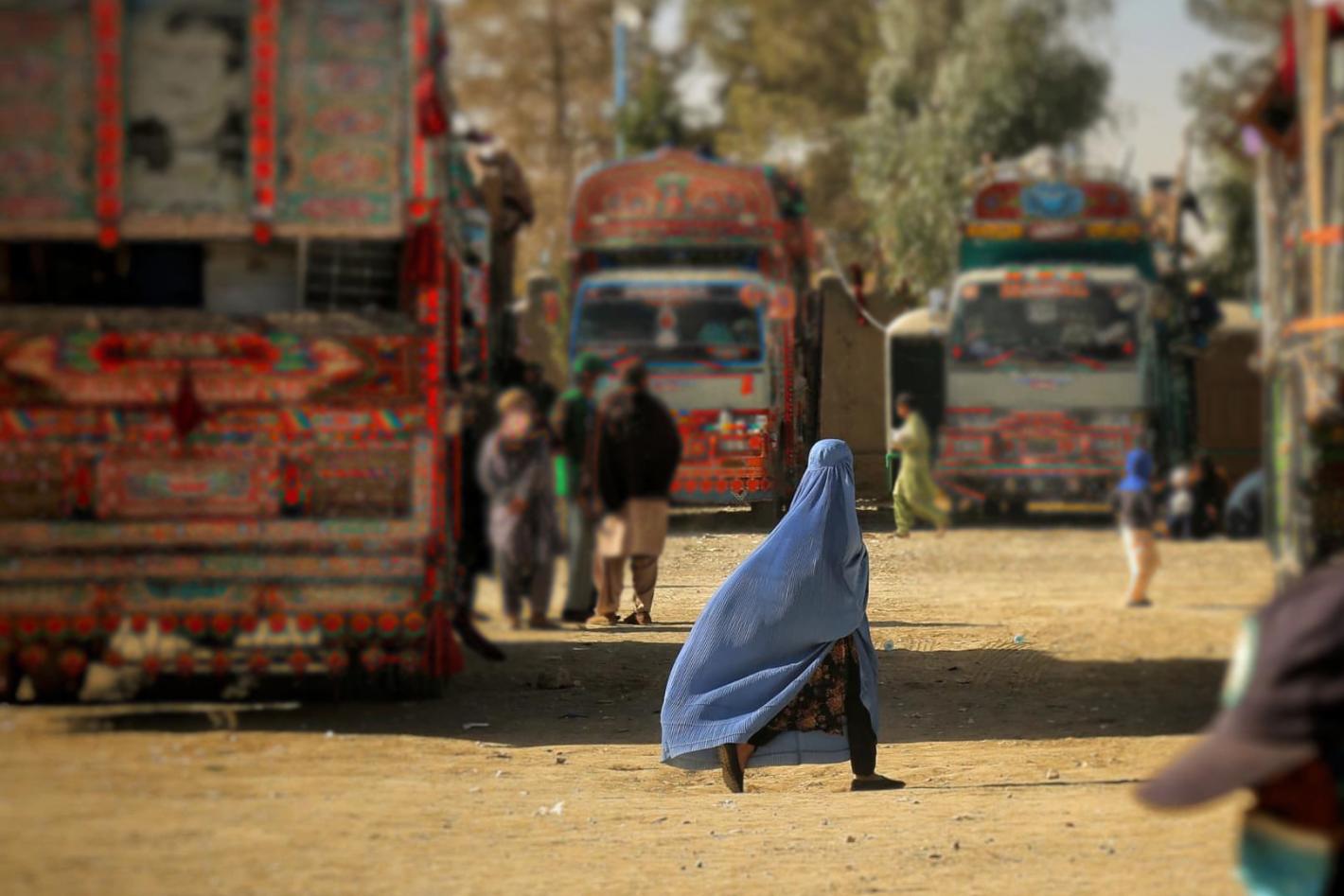KUNDUZ - Participants at a series of UN-backed events in Afghanistan’s northeast say they support national peace efforts but only if they are fully inclusive, representing all segments of Afghan society, female and male alike, to ensure a lasting outcome.
At one of the recent events, some 90 leaders from the provinces of Kunduz and Takhar came together to throw their weight behind ongoing peace efforts aimed at finding a political settlement to the Afghan conflict. Participants not only strategized about the best way forward to ensure a sustainable peace but also expressed optimism about the prospects for a breakthrough.
“In the interest of national stability and lasting peace, Afghans and all parties to the conflict must come together and talk,” said Worsaj district governor, Khal Mohammad Kheradmand, one of the participants at the event.
Another participant, Nazifullah Nazif, director of the Kunduz Department of Border and Tribal Affairs, noted that Afghanistan has a history of successfully resolving conflicts through jirgas (community meetings) and shuras (consultative councils).
“We are a country of jirgas,” said Nazif. “We have a brilliant history of resolving our problems through consultations and by talking among ourselves.”
Participant Ziaulhaq, head of one of the district development assemblies in Kunduz, spoke of the successes of local shuras in mediating, managing and resolving local disputes. He said shuras could be leveraged easily to enrich ongoing peace efforts.
At the discussions during each of the events, many participants called for a fully inclusive peace process and stressed the importance of not making compromises on women’s rights and media freedoms.
As two of Afghanistan’s four provinces in the northeast region, Kunduz and Takhar are among the most restive provinces in the country, with the conflict continuing to have a negative impact on the lives of ordinary people.
Supported by UNAMA’s Kunduz regional office, the three events were covered by several media outlets – among them Uranoos TV, Radio Kunduz, Radio Jaihoon and Raihan RTV – and each broadcast to an estimated 900,000 people in and around Kunduz and Takhar.
The events are part of a countrywide outreach programme aimed at creating platforms – using radio, television and social media – for local communities to engage in dialogue on pressing issues.
UNAMA supports the Afghan people and government to achieve peace and stability. In accordance with its mandate as a political mission, UNAMA backs conflict prevention and resolution, promoting inclusion and social cohesion, as well as strengthening regional cooperation. The Mission supports effective governance, promoting national ownership and accountable institutions that are built on respect for human rights.
UNAMA provides 'good offices' and other key services, including diplomatic steps that draw on the organization’s independence, impartiality and integrity to prevent disputes from arising, escalating or spreading. The Mission coordinates international support for Afghan development and humanitarian priorities.






